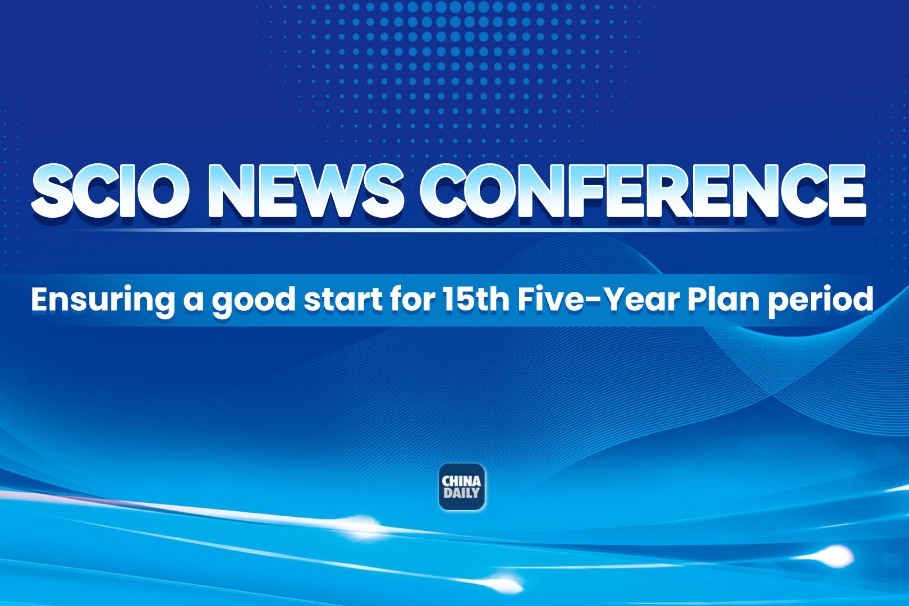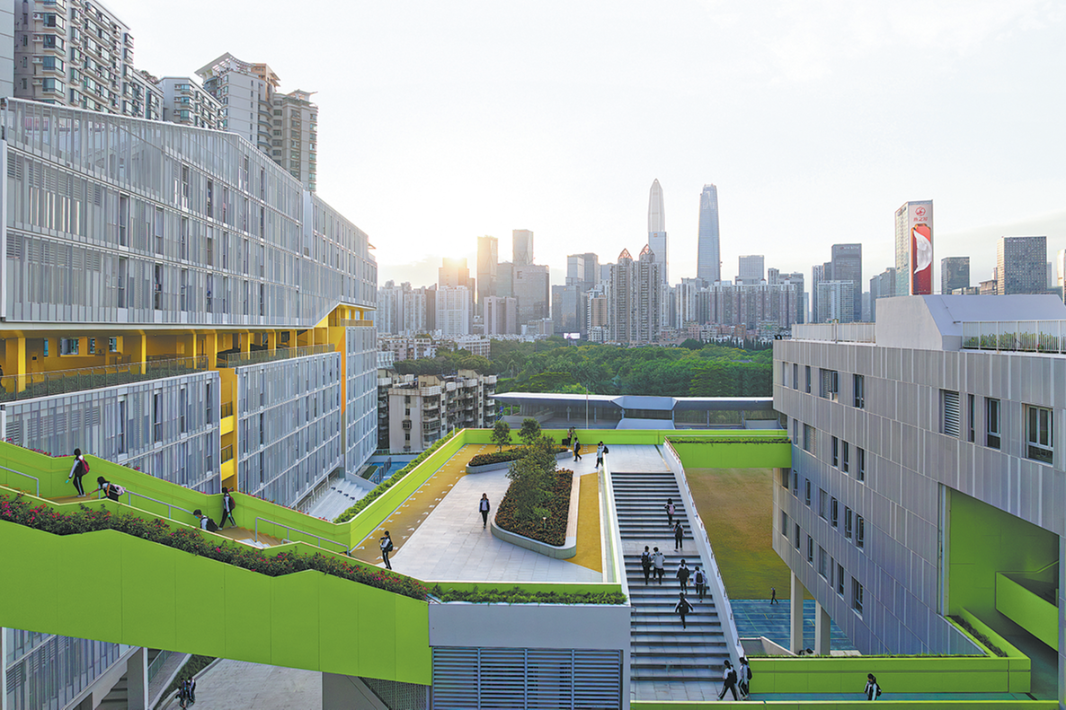High-level dialogue charts common development path

While the US-dominated G7 Summit, scheduled for Sunday to Tuesday in Germany, judging by reports, will likely focus on its divide-and-rule-the-world agenda, the three BRICS-related events hosted by China this week pressed ahead with the emerging market economies' policy of promoting international solidarity and global development.
The High-level Dialogue on Global Development chaired by President Xi Jinping on Friday, the last of the three events, following the BRICS Business Forum on Wednesday and the 14th BRICS Summit on Thursday, helped translate the consensus reached by the emerging market and developing economies into concrete projects and actions with the aim of bringing tangible benefits to the people.
Themed "Foster a Global Development Partnership for the New Era to Jointly Implement the 2030 Agenda for Sustainable Development", the event held via video links was attended by the leaders of the BRICS member states and other emerging market and developing economies. The essence of their discussions was that the more volatile the world becomes, the more it should focus on development and cooperation.
That explains why the Global Development Initiative proposed by President Xi at the 76th session of the United Nations General Assembly last year was the driving force behind the discussions and formed a major part of the overall framework of the dialogue.
The GDI calls for countries to stay committed to development, pursue innovation-driven development, adopt a people-centered approach so everyone benefits from development, and ensure that people live in harmony with nature. In particular, the countries, especially the least-developed countries, should focus on eradicating poverty, ensuring food security, containing the COVID-19 pandemic and improving connectivity.
By putting into practice the GDI, based on China's development experience including the lessons learned during the more than four decades of development, countries can not only help improve people's livelihoods but also contribute to the realization of the 2030 Agenda for Sustainable Development.
Apart from injecting positive energy into multilateralism and economic globalization, the GDI will also help countries to uphold the UN Charter, enabling them to resist the attempts of the United States and its allies to divide the world into different ideological camps and continue to dictate terms to other countries. Which shows such dialogues are by no means talk shops. Instead, they help chart a shared course of development for the benefit of all.
Open to all, including the developed economies, the High-level Dialogue on Global Development serves to crystallize the consensus to deepen global cooperation for common development. The GDI on its part helps countries standing at a crossroad in these highly disruptive and divisive times to make the right choice, the choice to pursue common development and build a community with a shared future for humankind.
Today's Top News
- Nation calls for cooperation and free trade
- IMF upgrades China's growth forecast to 4.5%
- US' coercion threatens global governance
- Xi extends condolences to Spanish King over high-speed train collision
- Scholars warn US threatens global legal order
- UN chief warns of global chaos as US prioritizes power over intl law






























